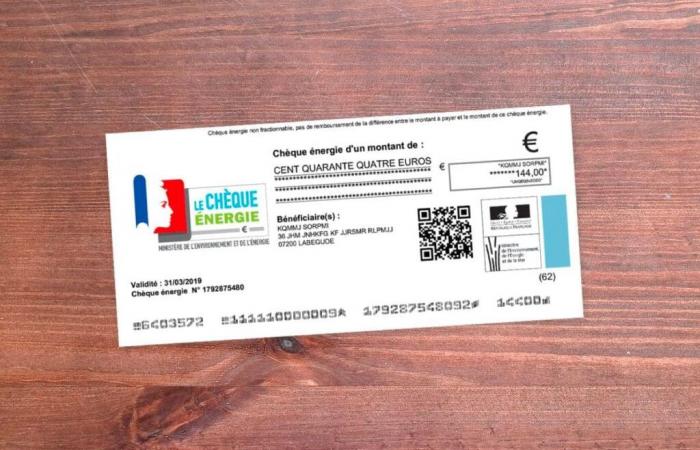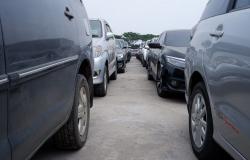The energy check system is preparing to experience significant developments in 2025. This financial assistance, intended to support low-income households with their energy expenses, will undergo changes in its allocation process. Let's take a closer look at the upcoming changes and their implications for potential beneficiaries.
A new allocation mechanism in 2025
The 2025 finance bill provides for a technical reform of the payment method of the energy check. This change is mainly due to the removal of the housing tax, which previously served as a criterion for granting aid. Agnès Pannier-Runacher, Minister of Ecological Transition, explains: “We are in the process of rebuilding another mechanism to have this automaticity”.
On the other hand, it is essential to note that the scales and eligibility criteria will remain unchanged. The office of the Minister Delegate in charge of Energy, Olga Givernet, confirms that “its amount does not change”. This stability aims to maintain support for the most vulnerable households in the face of energy costs.
For current beneficiaries who continue to meet the income conditions, the automatic sending of the energy check will be maintained. However, for some rights holders, notably new entrants into working life and students, an active approach will be necessary.
Application procedure for new beneficiaries
For the new eligible for the energy checka declaration process will be put in place. A dedicated “window”, probably similar to the platform launched in 2024, will allow potential beneficiaries to make their request. This development aims to adapt the system to the new tax reality while maintaining accessibility to assistance.
It is essential for the people concerned to familiarize themselves with the essential steps to obtain the energy check. Here are the key steps to follow:
- Check your eligibility according to income criteria
- Prepare the necessary supporting documents
- Connect to the dedicated platform
- Complete the online request form
- Submit your application before the deadline
Revised award criteria
The new allocation system will be based on a double criterion. Beneficiaries will not only have to prove their low income, but also certify that the accommodation for which they are requesting assistance is indeed their main residence. This development aims to refine the targeting of aid and guarantee its effectiveness.
To cross-reference this information, eligibility will be based on:
- The number of the electricity delivery point of the accommodation
- The tax parameters (reference tax income and related persons) of the tax household
This more precise approach aims to promote “the uniqueness of the delivery of an energy check per dwelling” and to optimize the allocation of resources.
| Criteria | Old system | New system (2025) |
|---|---|---|
| Calculation bases | Tax income and housing tax | Tax income and electricity delivery point |
| Automaticity | Total | Partial (depending on profile) |
| Active approach | Not required | Necessary for certain beneficiaries |
Perspectives and debates around reform
This reform gives rise to contrasting reactions. On the one hand, the government says that the objective is to “return to an automatic check and minimize non-recourse rates”, according to Agnès Pannier-Runacher. This approach aims to modernize the system while maintaining its efficiency.
On the other hand, some elected officials, like LFI MP Claire Lejeune, see it as a “real dirty trick”. They fear that this reform will exploit the non-recourse to make savings, to the detriment of the 6 million French people in a situation of energy poverty.
The Climate Action Network also expresses concerns, believing that the end of automaticity could deprive certain people of assistance to which they are entitled. These debates highlight the importance of communication claire and a adequate support to ensure that all rights holders can benefit from this crucial assistance.
It is therefore essential for potential beneficiaries to remain informed and vigilant. The deadline for claiming the energy check is approaching, and it is essential not to miss this opportunity for financial support for energy expenses.






